Yesterday you got to read all about the image & popularity of the gorgeous Alpacas. We also posted a bunch of fluffy, cuddling Alpaca pictures. Missed it? No worries. You can read it here.
Today we’ll be blogging once more about these pretty creatures. This time with a bit more depth. I’d like to give you some more insight into the hard-knock-life of the Alpaca farmers and the entire process from herding Alpacas to eventually the finished wool.
We visited the little village ‘Sante Fe’, at 4800m height in the Andes, thanks to one of the knitting ladies from ‘our’ atelier in Ayacucho. It is very common here that husband and wife are separated from each other due to working circumstances. Nancy, la tejadora, lives in the city of Ayacucho and works/knits/crochets at Manta (the atelier), her husband herds Alpacas in Sante Fe.
Herding Alpacas isn’t an easy life. The farmers (women and men) start their day very early. They get up at 5AM to prepare and have breakfast before they take their Alpacas to graze for the day. Once the Alpacas arrived at their spot, the farmer returns to have a proper lunch and take a rest, before he heads back to his animals to collect & guide them back to town. By 6PM they have dinner and by 8PM they are ready for the night.
From time to time I receive e-mails from clients requesting more information about how the Alpacas are being shaved, in order to make sure that it happens in human conditions and that no animals are being hurt. Well, even though it might not look like it in some of these pictures, the animals are very precious to the farmers and are being shaved with lots of care.
We were lucky to experience the process of shaving an adult Alpaca. In order to make sure the animal doesn’t get hurt, they tighten it softly. With big scissors the Alpaca is being entirely shaved. So amazing to see the structure of the rough Alpaca fibres from this beautiful animal. It’s like a blanket of pure gold. An adult Alpaca does not get shaved often. It takes quite some time to grow around 3kg of Alpaca fibres. Hihi… The poor little thing does look a bit funny without its warm, fluffy jacket…
Once the farmers have shaved the Alpaca, they weigh the wool. In most cases the wool is bought by middlemen at a very low price. They offer the Alpaca fibres in big quantities to bigger parties.
For our ECO LNBeanies collection we try to skip those last two parties and buy the Alpaca wool straight from the farmers at a fair price. They sell us the Alpaca washed, shaved and spun, so it’s ready for knitting and crocheting. This yarn is 100% natural. All the colours we have in our LNBeanies Eco collection are the genuine colours of the Alpacas. No colouring. I’m very fond of this gorgeous and pure collection. I hope you are too. We need to give these farmers a chance….
Already looking forward to next year, to revisit the Alpaca farmers and hopefully with bigger natural yarn orders.
Nighty night,
LN

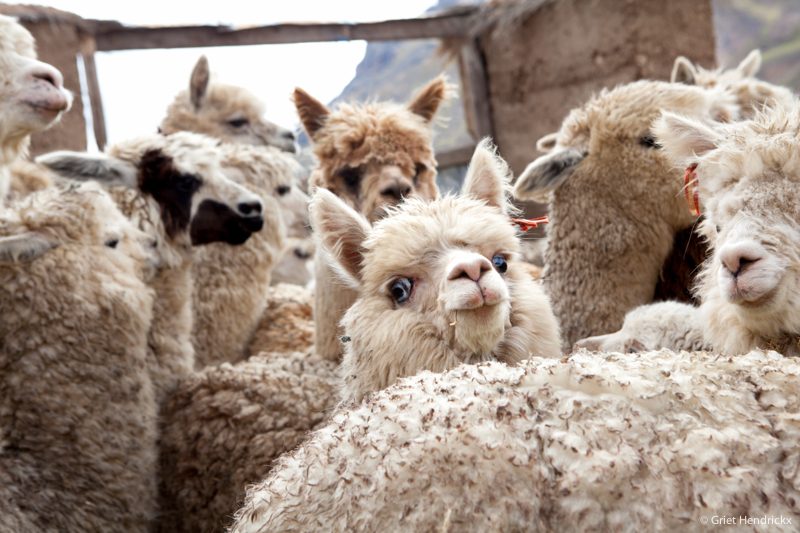
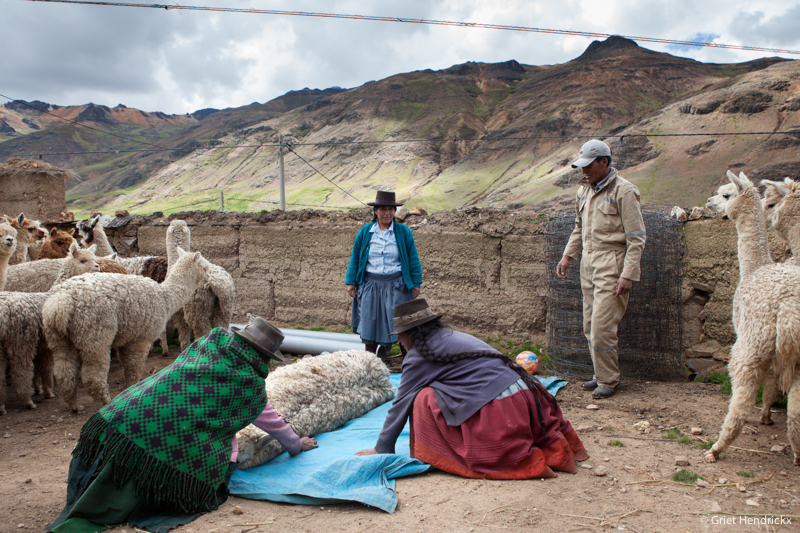
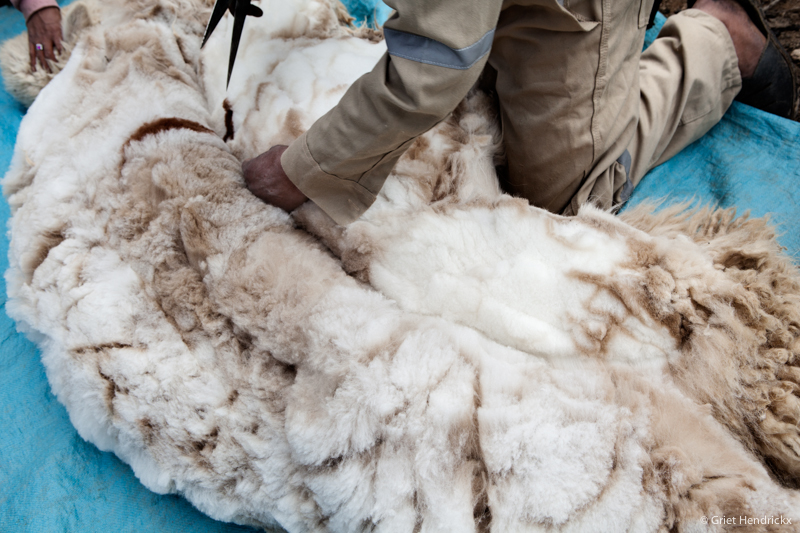
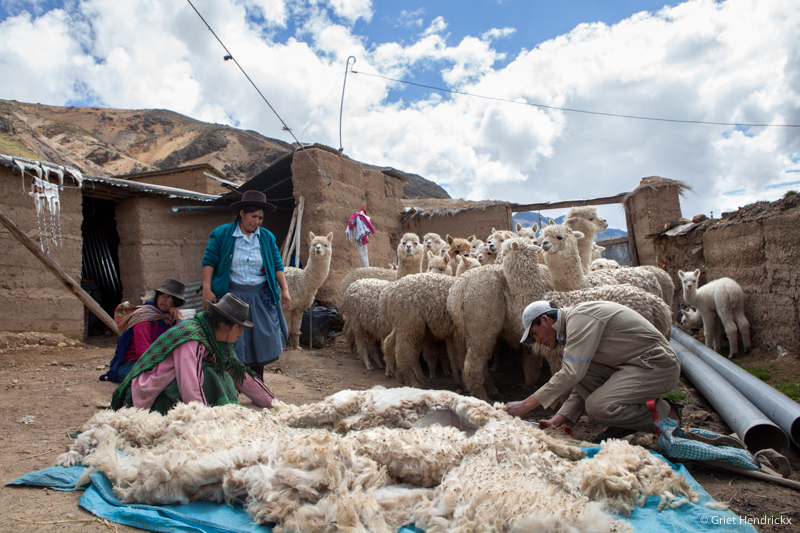

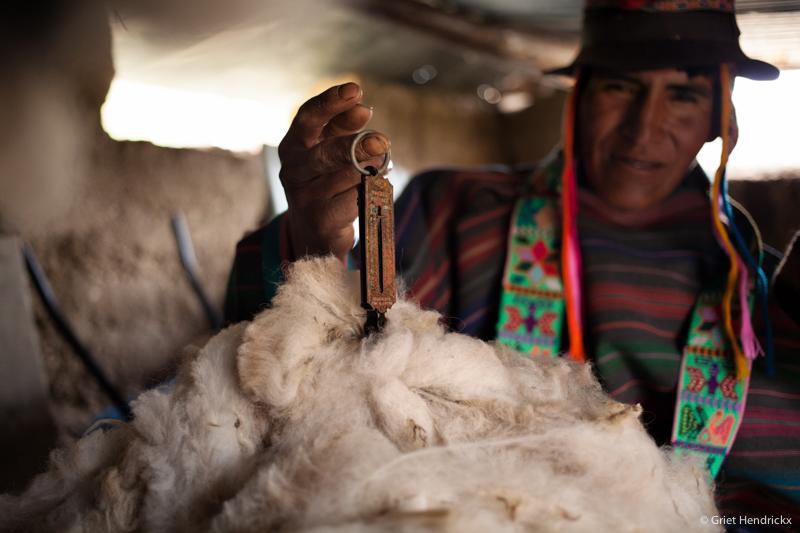
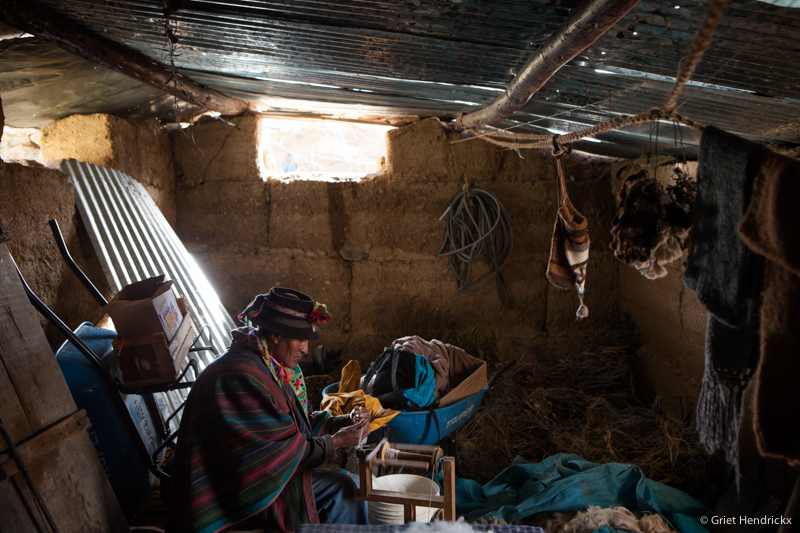

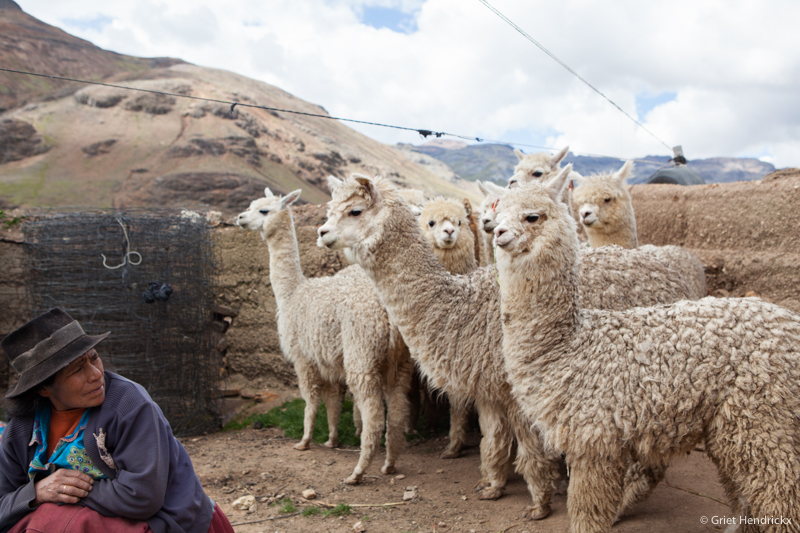
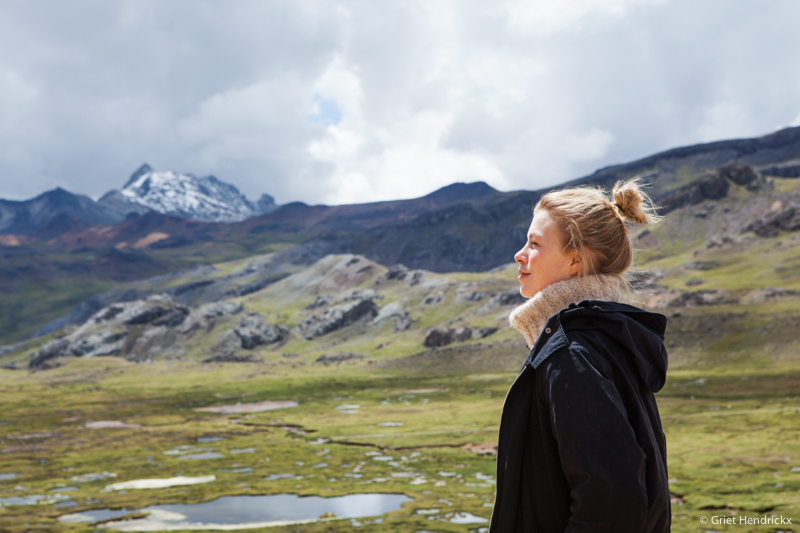
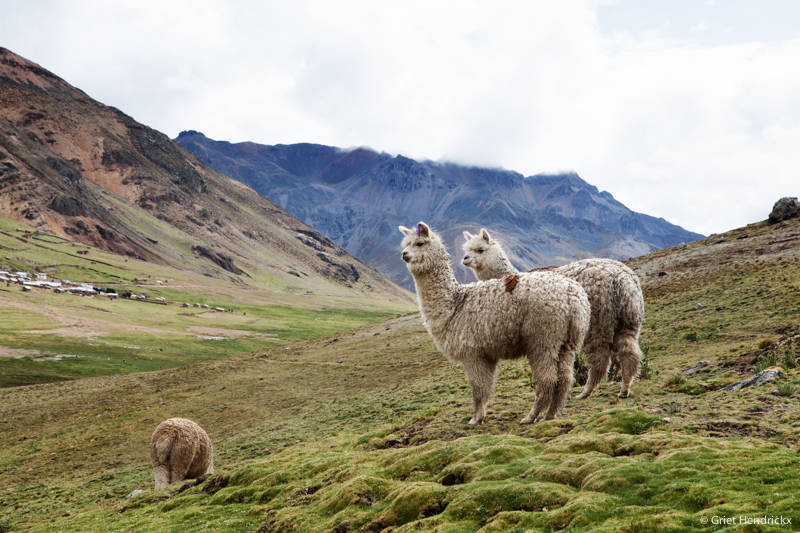

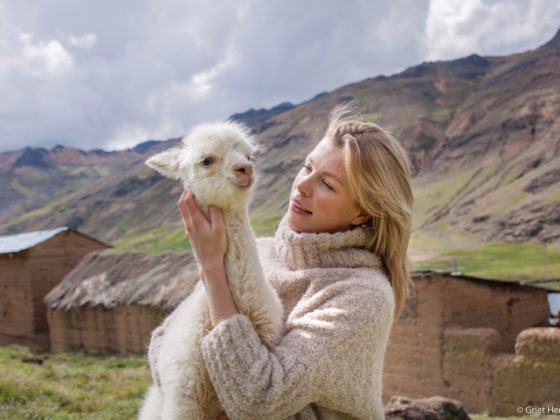

1 comment
We krijgen er niet genoeg van! Zo’n mooie foto’s en zo mooi geschreven… Alsof we er zelf een beetje bij zijn! xxxx